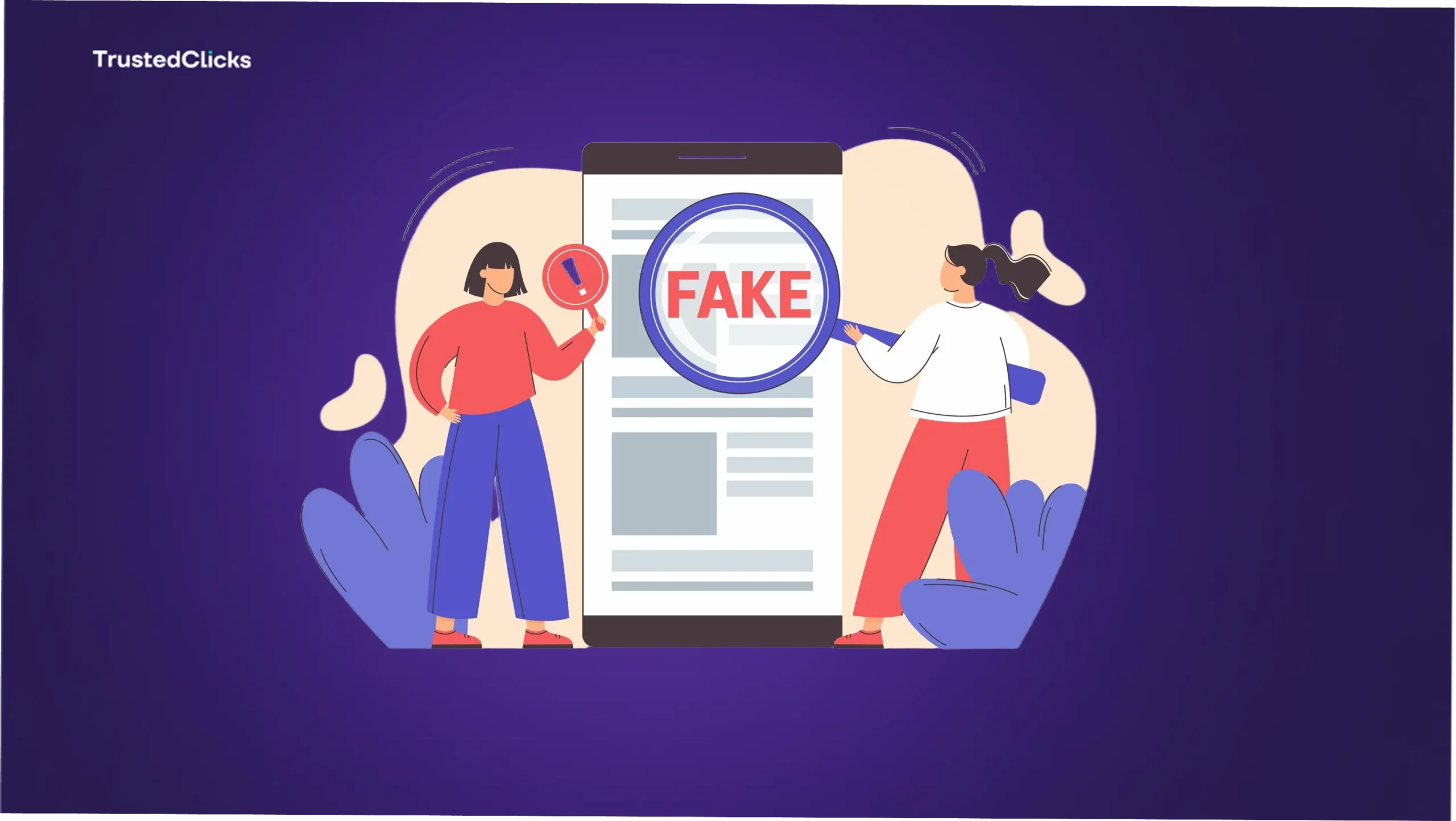- Website security
The Role of IP Scores in Combating Bots and Fake Traffic


IP Scoring System
An IP score is a numerical value assigned to an IP address based on its behavior, reputation, and historical activity across the internet. Think of it as a “trust rating” for an IP address. This score is calculated using advanced algorithms that analyze factors such as traffic patterns, geolocation, association with known botnets, and instances of suspicious activity like spamming or scraping. The higher the IP score, the more trustworthy the IP address is considered to be; conversely, a low score flags it as potentially problematic.
IP scoring systems are widely used by cybersecurity firms, ad networks, and website administrators to filter out unwanted traffic. They’re especially valuable in environments where distinguishing between legitimate users and bots is paramount—such as e-commerce platforms, online advertising, and content management systems.
The Growing Threat of Bots and Fake Traffic
Before delving into how IP scores work, it’s worth understanding why they’re so essential. Bots and fake traffic have evolved dramatically over the past decade. According to industry reports, bots account for a significant portion of internet traffic—sometimes as much as 40% or more. While some bots are benign (like search engine crawlers), many are malicious, designed to:
Skew Analytics

Bots can inflate page views, distort user engagement metrics, and mislead businesses about their audience.
Commit Ad Fraud
Fake clicks and impressions generated by bots waste billions of dollars in advertising budgets annually.
Steal Data
Scraping bots harvest content, pricing information, or user data without permission.
Launch Attacks
Distributed Denial of Service (DDoS) attacks and credential stuffing often rely on botnets tied to compromised IP addresses.
The financial and reputational damage caused by these activities is staggering, making it critical for organizations to adopt robust defenses. This is where IP scores shine as a proactive solution.
How IP Scores Work
IP scoring leverages big data and machine learning to assess the trustworthiness of an IP address in real time. Here’s a breakdown of how it typically functions:
Data Collection
IP scoring systems aggregate data from multiple sources—web traffic logs, blacklists, honeypots, and even user reports. This creates a comprehensive profile of an IP’s activity.
Behavioral Analysis
Algorithms examine patterns such as request frequency, navigation behavior, and interaction with forms or clickable elements. Human users tend to exhibit organic, varied behavior, while bots often follow predictable, repetitive scripts.
Reputation Checks
The system cross-references the IP against known databases of malicious actors, such as those involved in spamming, phishing, or botnets.
Scoring
Based on these factors, the IP is assigned a score—typically on a scale from 0 to 1. A score closer to 1 indicates a clean, trustworthy IP, while a low score suggests potential bot activity or fraud.
Continuous Updates
IP scores aren’t static. They’re updated as new data emerges, ensuring they reflect the latest behavior of the IP address.
For example, an IP address that repeatedly sends thousands of requests per second to a website might receive a low score due to its bot-like behavior. Conversely, an IP tied to a home user with consistent, legitimate activity would score higher.
Why IP Scores Are Effective Against Bots
The beauty of IP scores lies in their ability to provide a quick, scalable way to filter traffic. Here’s how they make a difference:
- Real-Time Detection: IP scores enable websites and platforms to identify and block suspicious traffic instantly, reducing the window of opportunity for bots to cause harm.
- Granular Control: Unlike blanket IP bans, which can inadvertently block legitimate users, IP scores allow for nuanced decision-making. For instance, a moderately low score might trigger a CAPTCHA challenge, while a critically low score results in an outright block.
- Scalability: With billions of IP addresses in use, manually monitoring traffic is impossible. IP scoring automates the process, handling massive volumes of data effortlessly.
- Ad Fraud Prevention: In digital advertising, IP scores help identify fake impressions or clicks, ensuring budgets are spent on real human engagement.
- Adaptability: As bots evolve, IP scoring systems refine their algorithms to detect new patterns, keeping pace with emerging threats.
Real-World Applications of IP Scores
IP scores aren’t just theoretical—they’re actively shaping how businesses and platforms operate. Here are some practical examples:
- E-Commerce: Online retailers use IP scores to prevent bots from scraping product listings or abusing promotional offers. A low-scoring IP might be barred from accessing checkout pages.
- Content Protection: Media sites rely on IP scores to stop bots from pirating articles, videos, or images, preserving their intellectual property.
- Cybersecurity: Firewalls and intrusion detection systems integrate IP scores to block traffic from known malicious IPs before they can launch attacks.
- Advertising Networks: Ad platforms use IP scores to filter out fake traffic, ensuring advertisers get genuine value for their investment.
- Social Media: Platforms like X leverage IP scoring (sometimes indirectly through third-party tools) to identify and suspend bot accounts that spread spam or misinformation.
Challenges and Limitations
While IP scores are powerful, they’re not infallible. Sophisticated bots can mask their activity by rotating IP addresses via proxies or VPNs, potentially evading detection. Additionally, shared IP addresses—like those on corporate networks or public Wi-Fi—can complicate scoring, as legitimate users might be flagged due to the actions of others on the same IP.
False positives are another concern. A legitimate user with a low IP score might face unnecessary hurdles, such as CAPTCHA challenges or access denials. To mitigate this, many systems pair IP scores with additional signals, like browser fingerprinting or user behavior analysis, for a more accurate picture.
The Future of IP Scores in Bot Defense
As artificial intelligence advances, so too will IP scoring technology. Future iterations might incorporate deeper AI-driven insights, such as predictive modeling to anticipate bot behavior before it occurs. Integration with blockchain could also enhance IP reputation tracking, creating a decentralized, tamper-proof ledger of IP activity.
Moreover, as IPv6 adoption grows, the pool of unique IP addresses will expand exponentially. This shift will require IP scoring systems to adapt, potentially analyzing larger datasets and refining their precision to keep up with the changing internet.
Final Words
In the ongoing battle against bots and fake traffic, IP scores stand out as a vital weapon. By providing a reliable, automated way to assess the trustworthiness of IP addresses, they empower businesses to protect their platforms, optimize their resources, and maintain a seamless experience for real users. While challenges remain, the continuous evolution of IP scoring technology promises to keep it at the forefront of digital defense.
Whether you’re running a website, managing an ad campaign, or safeguarding sensitive data, understanding and leveraging IP scores can make all the difference. In a world where bots are an ever-present threat, this simple yet powerful metric offers a beacon of control in the chaos of the internet.
Table of Contents
Join our community!
Subscribe to our newsletter for the latest updates, exclusive content, and more. Don’t miss out—sign up today!
Recent Posts

The Role of IP Geolocation in E-commerce and International Marketing
- 7 mins read

Fraud Detection: The Art of Catching Crooks in a Digital World
- 8 mins read

Scaling Bot Detection: How to Protect Large-Scale Websites and Applications
- 7 mins read



